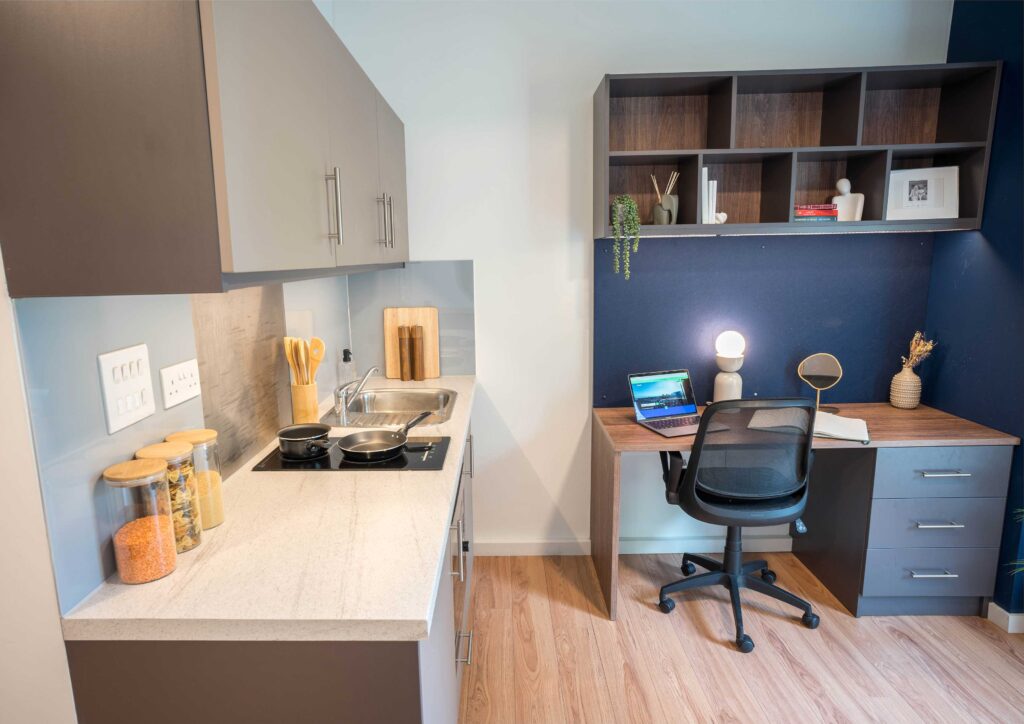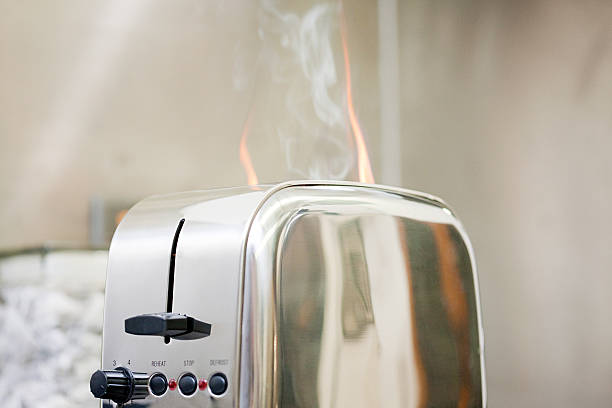Your Complete Guide to Student Tenancy Agreements
Back
As a student you walk a fine line between childhood and adulthood.

Partying, yet studying.
Living in the moment, yet preparing for the future. Taking it easy, yet taking a really close look at your tenancy agreement.
If you’re still wondering whether it’s worth reading through a legally binding contract you’re about to sign, imagine what could happen if things turned nasty.
Being charged for repairs.
Losing your deposit.
Having to live with damp and mould.

Unfortunately, these eventualities are a fact of life for many students. But you don’t have to be one of them. Reading your tenancy agreement carefully is free and can save you money, hassle, and stress if the worst happens.
What is a tenancy agreement and why is it important?
A tenancy agreement is a contract between a tenant and a landlord. It sets out the conditions of a rental agreement and allows a tenant to live in a private property for the duration specified in the contract.
As a legally binding document, a tenancy agreement is important as it details your living arrangements and your rights in the property. Tenancy agreements clarify the responsibilities of the tenant and the landlord with regards to maintaining the conditions of the property – this can help avert disagreements, problems, and penalties.
What does a tenancy agreement cover?
It’s good practice for a tenancy agreement to include certain details. Make sure you look out for the following information before signing on the dotted line:
- Landlord and tenant names and addresses
- The date the tenancy begins and its duration
- The cost of the rent per week, month, or term
- Information about the required deposit and where it will be stored (only on Assured Shorthold Tenancy agreements)
- The date the rent is expected to be paid
- Which party (i.e. tenant or landlord) is expected to pay utility bills and council tax
- Which party is expected to cover the cost of certain repairs
- The landlord’s rights of access
- Whether the landlord will provide services such as cleaning (and any extra charges)
It’s also worth checking which type of tenancy agreement you have been offered:

- Assured Shorthold Tenancies (the most common type) are covered by the Housing Act 1988. These run for between six to 12 months and allow the landlord to evict the tenant without reason – provided the eviction process is upheld
- Common Law Tenancies are quite common if you’re renting a room from a landlord who is also living at the property. CLTs are generally more informal arrangements as they are not covered by the Housing Act.
What should I check before I sign a student tenancy agreement?
As a student it’s wise to check the following details in your tenancy agreement before signing.
- Rent amount and payment date – check this matches what you’ve discussed verbally with the landlord
- Contract length – most agreements will run for 12 months
- Notice period – usually fixed-term tenancies do not allow either party to end the agreement early, but some landlords will allow it if a replacement tenant can be found
- Guarantors – most student tenants need to list a guarantor, who is committing to pay your rent if you’re not able to
- Inventory – this is a checklist for any items (e.g. furniture) provided by the landlord and any faults before the tenant has moved in
- Wear and tear – it’s important that the contract allows for general “wear and tear” so you aren’t unfairly billed for damage
- Tenant names – make sure every tenant’s name is on the contract
While reading over your student tenancy agreement, why not call round and ask the outgoing tenants if they experienced any issues with the landlord? This is something you can do when viewing the property in the first place.
Fire safety
The property must have an adequate fire escape, at least one smoke alarm on every floor, and a carbon monoxide detector (if there is a working fireplace or stove)


Landlord visitation limits
Landlords cannot visit their rental properties without giving tenants prior warning. Legally, they need to provide 24 hours’ notice before showing up – unless there’s an emergency such as flooding.
Gas safety
All gas appliances (such as the boiler) in the property must be checked annually by a Gas Safe engineer. In addition, all provided electrical appliances must be PAT tested.


Repairs
Your landlord is responsible for major repairs including:
- Structural repairs
- Repairs to sinks, baths, and toilets
- Heating
- Pipes and wiring
- Gas and electrical appliances
Minor repairs, such as changing light bulbs, are usually the responsibility of the student.
Eviction notice
Your landlord has the right to evict you from the property if you breach any of the terms of the tenancy agreement. For example, they can serve you an eviction notice if:
- You’ve failed to pay your rent
- You’ve sublet your room without permission
- You cause issues with your neighbours
- Illegal activity has taken place in the property
- You’ve let the property fall into disrepair
If your landlord threatens to evict you without just cause, seek legal advice immediately.
What should I ask my landlord about?
Your student tenancy agreement is probably not the only time to interact with your landlord. It’s perfectly acceptable to ask them questions about:
- Pest control: It’s not always clear which party is responsible for infestations of mice, bedbugs, or cockroaches. It usually depends if the problem is historic. If you have pests in your student house share, raise it with your landlord and see how they can help.
- Guests and subletting: Most student tenancy agreements won’t restrict the number of guests you can have to stay, although they might limit how long they can stay. But be aware that, if money is changing hands, it’ll potentially count as subletting, which is almost always prohibited in your tenancy agreement.
- Decorating the house: Sure, you might want to put your own stamp on your new home, but don’t forget the property belongs to someone else. Also worth checking how they’d prefer you hung up pictures – as Blu Tack and nails can leave damage.
Do landlords pay council tax for students?
A property occupied entirely by full-time students is exempt from paying council tax – meaning neither the tenants nor the landlord need to foot the bill. However, the tenants need to apply for a council tax exemption certificate for this to take effect. If the property is occupied by at least one person who’s not a full-time student, council tax will apply, but a discount may be given. In some locations, students are liable for council tax out of term time.
We’re fighting for a fair deal for students. Discover what the most common accommodation issues are, learn how to get more savvy when dealing with private landlords, and share your student rental horror stories. Find out more.
